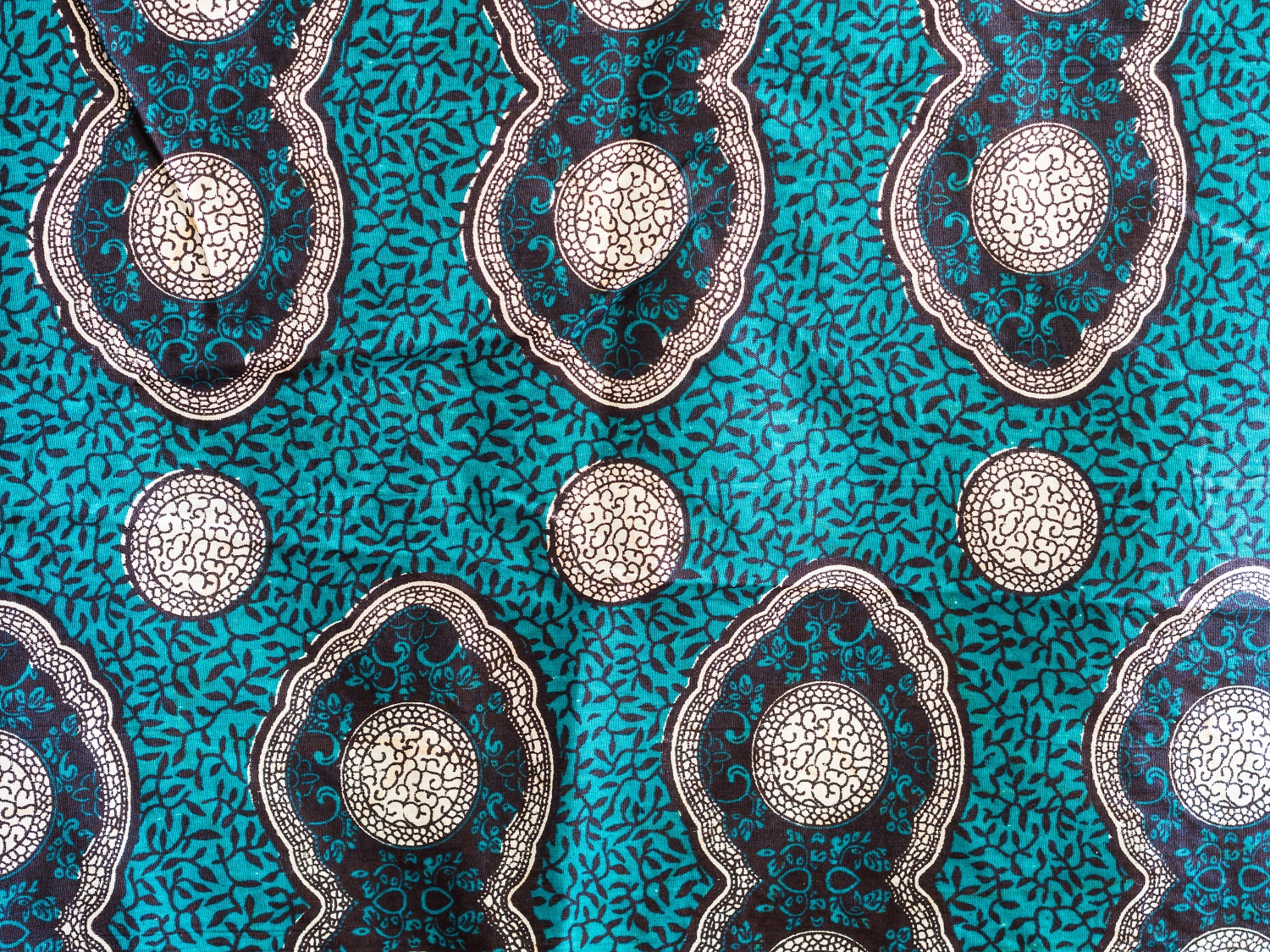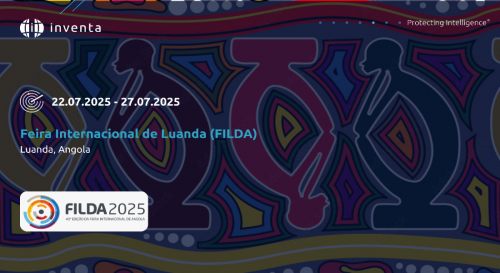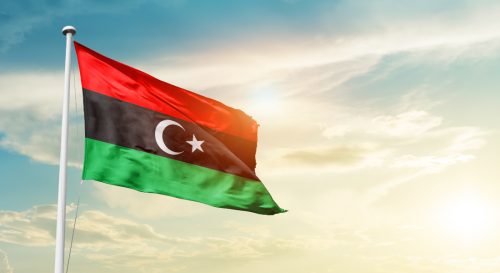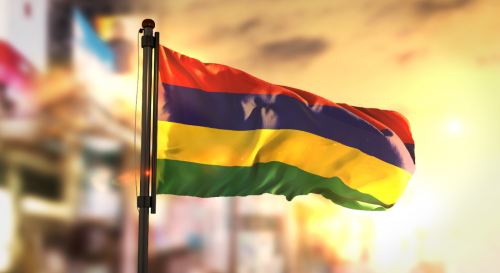
The Hague System in Africa
After attending INTA’s conference “The Power of Design”, Inês Monteiro Alves discusses the lack of mention of Africa as a Continent, regarding IP rights and designs in particular.
Upon attending the INTA’s Conference “The Power of Design” on February this year, in London, I became aware of the lack of mention of Africa as a Continent in what regards the protection of IP Rights in general and designs in particular.
Indeed, after a two-day conference only focusing on designs, it was possible to verify the importance that IP agents, lawyers and even stakeholders give to the protection of this right in Continents such as America, Europe and Asia, without mentioning Africa in any given moment.
This may be due to two circumstances: one is the possibility that stakeholders do not see Africa as a Continent of interest for investment simply because the they do not market their products there and the other is the possibility that, despite the fact that stakeholder see Africa as a Continent of interest for investment, there is an erroneous acceptance that there is not a solid and reliable system regarding IP protection, particularly in what designs refers.
This second possibility, however, is required to be analysed more carefully, considering that, in fact, the majority of the African jurisdictions have, indeed, a reliable system for the protection of designs and it should not be forgotten that international and regional agreements allow stakeholders to have their designs effectively and efficiently protected in the Continent.
International agreements such as The Hague Agreement or even regional agreements including ARIPO (African Regional Intellectual Property Organization) through the Harare Protocol and OAPI (African Intellectual Property Organization), are valid options for anyone who intends to protect their designs across the African Continent.
Focusing on The Hague System, it seems of importance referring the fact that this international agreement makes it possible to file a single application at the International Bureau of the World Intellectual Property Organization (WIPO) in Geneva, Switzerland for the registration of a design in multiple African jurisdictions. The African members of the Hague Union are Benin, Botswana, Côte D’Ivoire, Egypt, Gabon, Ghana, Mali, Morocco, Namibia, Niger, Rwanda, Sao Tomé and Principe, Senegal and Tunisia.
Apart from all these - some of which are members of OAPI -, OAPI (African Intellectual Property Organization) is also a signatory member of the Hague Union, allowing, by designating this regional agreement in an international application, the protection of a design in all its member states, i.e., Benin, Burkina Faso, Cameroon, Central African Republic, Chad, Comoros, Congo Brazzaville, Equatorial Guinea, Gabon, Guinea, Guinea-Bissau, Côte D'Ivoire, Mali, Mauritania, Niger, Senegal and Togo.
The accession of OAPI to The Hague Union occurred on August 5th 2008 and the same entered in force on September 16th of the same year. From this date, it is possible to apply for a design in 17 African countries by simply designate OAPI in the international application.
The international design system has its own evident advantages, namely the fact that, by only filing one application (including applying for multiple designs in one application, as long as all the products fall in the same class under the Locarno classification), the applicant will be able to have the design registered in a bundle of jurisdictions across the globe, namely by way of eliminating the need to file individual national or regional applications in each territory concerned, with substantial cost saving implications. The system also enables the management centralization of, for example, renewals of a design.
As for the effects of the international design application concerns, the international design registration has, in each designated country, the same effect as if the design had been registered in the country concerned and is subject to the national law. The designated countries retain the right to exclude from protection any design that do not meet the requirements for protection under their national laws.
As for all the other African countries which are not signatory members of The Hague Agreement, it will be possible to file national applications for the registration of designs, considering that, apart from the particular cases of Somalia and Eritrea, all the others have design laws intended to protect this IP right and are very well prepared to attribute the exclusive to the applicant.
In case you require receiving any additional information regarding design protection in Africa, please do not hesitate in contacting us.
Currency Info
Final charges will be made in USD.
Currency conversion is for information purposes only and accuracy is not guaranteed. Overseas customers are encouraged to contact their bank or credit card provider for details on any additional fees these institutions may include for currency conversion.
- USD 312.389 NGN
Territory List
There are no results for your search.
- Africa
- Algeria
- Angola
- Benin
- Botswana
- Burkina Faso
- Burundi
- Cameroon
- Cape Verde
- Central African Republic
- Chad
- Comoros
- Congo (Republic)
- Côte d'Ivoire
- Democratic Republic of the Congo
- Djibouti
- Egypt
- Equatorial Guinea
- Eritrea
- Eswatini (Swaziland)
- Ethiopia
- Gabon
- Gambia
- Ghana
- Guinea
- Guinea-Bissau
- Kenya
- Lesotho
- Liberia
- Libya
- Madagascar
- Malawi
- Mali
- Mauritania
- Mauritius
- Mayotte
- Morocco
- Mozambique
- Namibia
- Niger
- Nigeria
- Réunion
- Rwanda
- Sao Tome and Principe
- Senegal
- Seychelles
- Sierra Leone
- Somalia
- South Africa
- South Sudan
- Sudan
- Tanzania (mainland)
- Togo
- Tunisia
- Uganda
- Western Sahara
- Zambia
- Zanzibar
- Zimbabwe
- Africa (OAPI)
- Africa (ARIPO)
- Other
- East Timor
- Macao
- Maldives
- Portugal
- European Patent (EPO)
- European Union Trademark (EUTM)
- International Trademark (Madrid System)
- Patent Cooperation Treaty (PCT)




